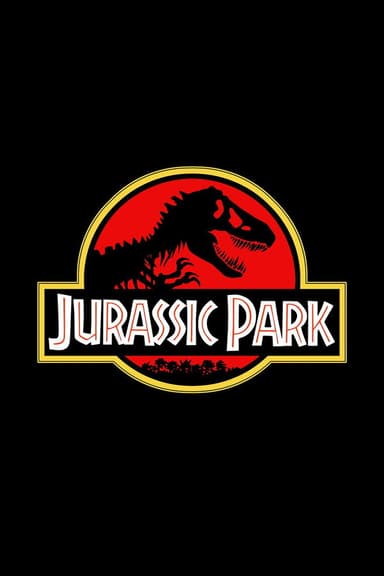
The Prestige
2006 • Drama, Mystery, Science Fiction • PG-13
A mysterious story of two magicians whose intense rivalry leads them on a life-long battle for supremacy -- full of obsession, deceit and jealousy with dangerous and deadly consequences.
Runtime: 2h 10m
Why you should read the novel
If you're fascinated by the intricate rivalry between magicians and the allure of real magic, reading Christopher Priest's The Prestige will immerse you in a far deeper narrative than the film offers. The novel's epistolary format gives you access to the innermost thoughts of the protagonists, weaving their obsessions, secrets, and personal tragedies far more intimately than any screen adaptation. Priest's masterful blend of reality and illusion keeps the reader guessing, rewarding close attention and promising surprises the film can only hint at.
The book explores the psychological complexity of its central figures, offering subtle, layered character development missing from the movie. The shifting perspectives and detailed backgrounds grant you a richer understanding of what drives the rivalry and how it shapes each man's downfall. Through its atmospheric prose, The Prestige captures the haunting wonder of stage magic and the blurred boundary between science and superstition in Victorian England.
Priest’s original story delves into themes of obsession, sacrifice, and generational legacy in unique ways that the movie streamlines or omits. By experiencing the source material, you'll discover a world of ethical dilemmas, family intrigues, and metaphysical questions that render the book not just a story of magic, but a profound exploration of human nature. Experience the full spectrum of wonder, darkness, and uncanny twists only the novel reveals.
Adaptation differences
One of the most significant differences between Christopher Priest's novel and Christopher Nolan's film adaptation lies in narrative structure and point of view. While the movie follows a more linear rivalry between Robert Angier and Alfred Borden, the novel is structured as a series of journals and narratives spanning multiple generations, emphasizing the theme of legacy and the lasting impact of secrets. This epistolary approach provides varied perspectives and reveals layers of truth obscured in the adaptation.
Character backstories and motivations are much deeper in the book. For instance, Borden's secret is far more elaborate and thematically resonant in Priest’s novel, and the specifics of Angier's obsession and family background are more thoroughly explored. The movie simplifies and condenses many of these elements to maintain its pacing and focus on the rivalry, sacrificing the nuanced psychological insights the book provides about its central characters.
A central element, the nature of the “prestige” and the mechanics of Angier’s machine, takes a different trajectory in the book. Priest introduces genuinely supernatural elements, particularly in the latter half, whereas Nolan’s film leans towards science fiction, depicting Tesla’s machine as a duplicating device but keeping the implications more ambiguous. The novel’s metaphysical dimensions and the surreal consequences of Angier’s obsession are largely glossed over or recontextualized in the movie adaptation.
Additionally, the book places far greater emphasis on the aftermath of the magicians' feud, including the impact on their descendants, which the film almost entirely omits. Storylines involving characters like Kate Angier and Andrew Westley, who uncover the old rivalry's ramifications generations later, are unique to the book. This multi-generational perspective offers a richer, more complex exploration of the story’s themes than the film's tighter, more immediate narrative focus.
The Prestige inspired from
The Prestige
by Christopher Priest







